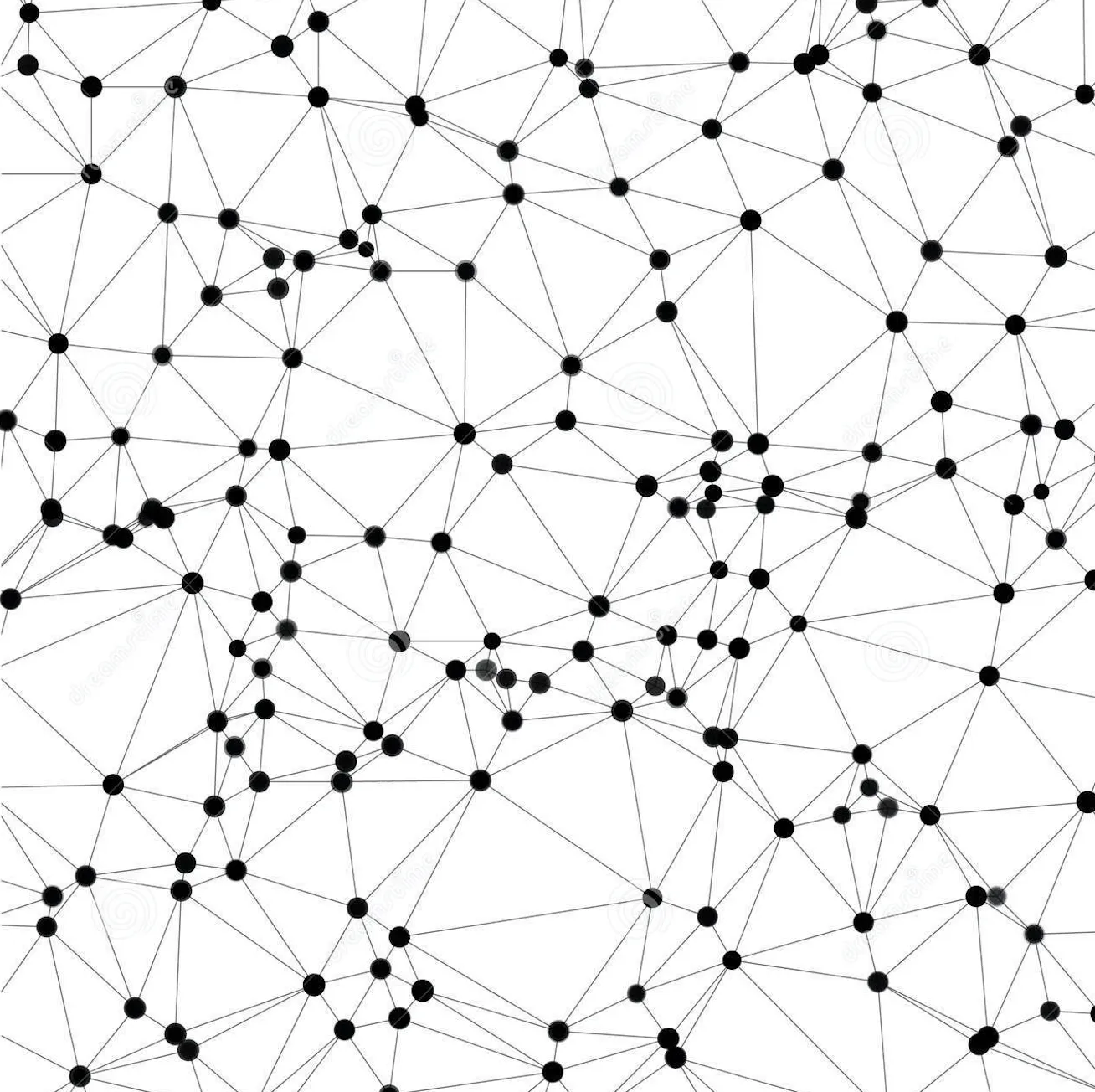
Nothing Is Original
Every idea of ours is a derivative of things that we were inspired by consciously or subconsciously since our childhood or shall I say, since the time we’d begun to form memories.
Imagine you’re a painter. Now imagine you start working on a new painting. Can you ever say that whatever your subconscious feeds you isn’t ever based on works of art that inspired you in your lifetime? Think about it. Go back to the time when you first started learning how to paint. No, go further back. Try to remember the first memory you have of any visual art that stuck with you. That’s the memory your brain formed and your brain tells you, that first ever painting is what meant art to you when you were young. Young minds are impressionable. You, then, gradually experience numerous other works of visual art, and your brain forms more neural connections as to create knowledge about what means art to you. Now, for every painting you work on, you subconsciously draw from that store of knowledge to paint whatever you consciously want to paint.
Imagine you’re a budding entrepreneur. And you’ve just come up with a brilliant idea to create an online startup incubator. Original, you think? Not really if you think about it. Dig deeper into your mind to rationalize this. You’ll realize that what you’re doing, essentially, is subconsciously acknowledging the power of match-making platforms (exemplified by Facebook, Uber, Tinder, etc), and just coming up with another use-case for the concept. It may seem ‘original’ on the surface but it’s just you and your unfathomably potent subconscious mind connecting dots to form an interesting arrangement of lines. A unique set of lines.
Our marvellous brain bring bits and pieces together in our subconscious mind to produce art, music, and in essence, all forms of work. What conventionally means original to us, is just us not being able to put a finger on the sources of inspiration. If I attempt to model this, I’m considering an idea to be a collection of lines that are connecting dots. I’m considering dots to be sources of inspiration. The more dots there are in the collection of lines, the harder it is for the observer to say it’s unoriginal. To make this more intuitive, say, a writer, wrote a story about an Ivy League criminology professor who’s hired time to time by national intelligence organizations to solve mysteries. Original? All Dan Brown fans will beg to differ instantly. Break it down psychologically. It doesn’t seem original because the writer connected only a few dots consciously or subconsciously, and these dots are ‘Dan Brown novels’. But if the writer had sourced his idea from 5 different novels, readers wouldn’t call it ‘unoriginal’ as easily.
Now do you get why your coaches, mentors or teachers tell you to read more, to watch more and to listen more? The more varied sources of inspiration you have, the greater the chances are for you to be ‘original’. So if you’re a writer, read more books to be able to write original literature. If you’re a musician, listen to as many varied artists as you can to be able to produce your own music that people can call ‘original’. And so forth, for any creative individual. Our creativity is really derived from a concoction of past knowledge, nodes of knowledge that are highly distilled/’original’ in and of themselves. We don’t create from nothing. We create from our life that is abounding with knowledge.
